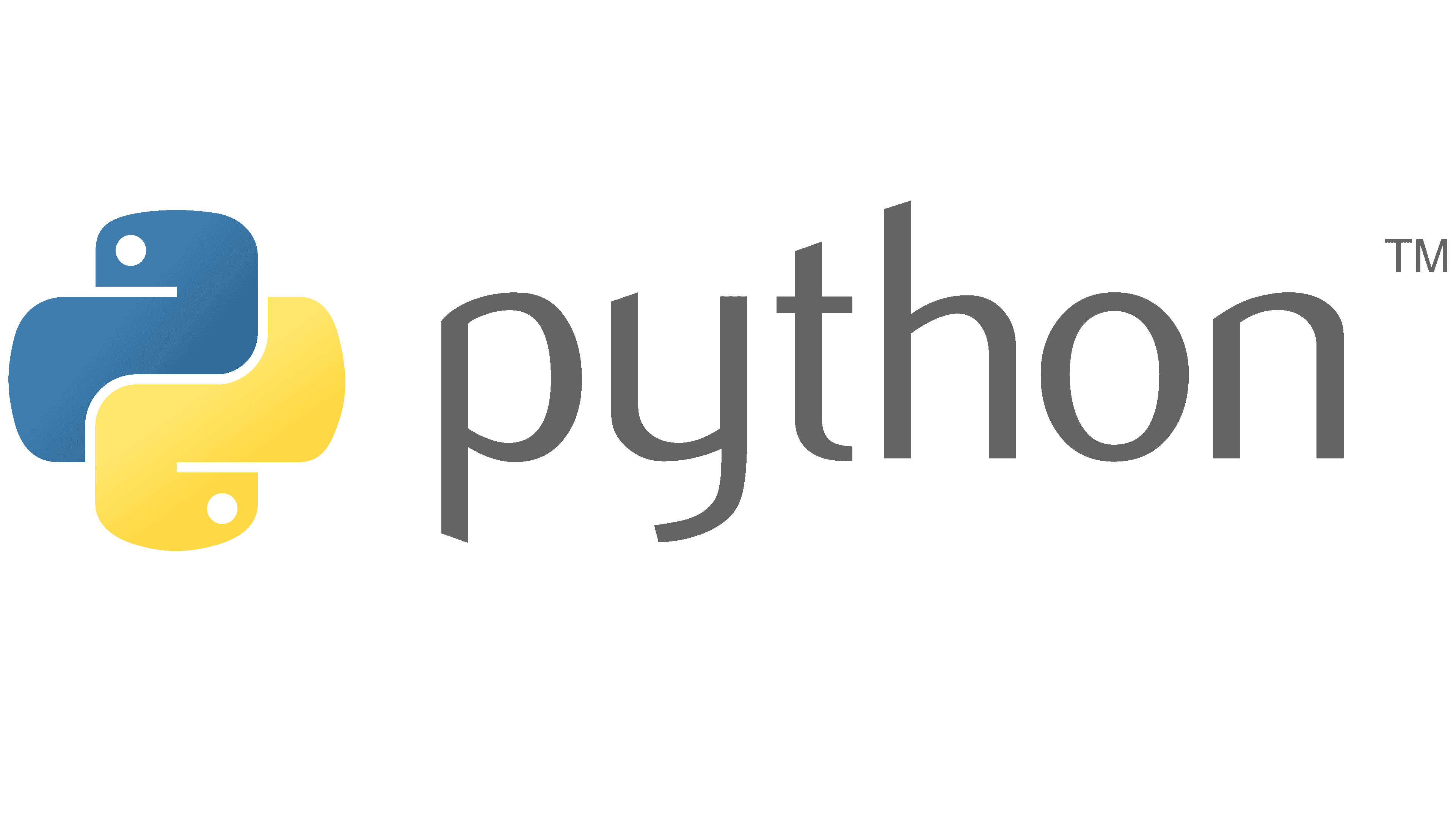Python Optimization Workshop
Python code optimization workshop. Techniques to use the computing resources efficiently.
User stories
Scenarios like the one depicted above are common. Researchers tend to reserve more computing resources than required and in some cases request for more resources without truly understanding the importance of refactoring the code. Achieving scalability by adding more resources is not an efficient way of scaling your application.
“Code that can efficiently utilize the computing resources is the best cost-effective way to scale up”
Goal
Python code is 57 times slower than C++ and 45 worse for the planet. This two-day workshop will provide you with hands-on knowledge on optimizing your Python code. Optimizing the code can be a daunting task if you don’t have a clear roadmap or a framework. The figure 1 below will be our map of the world of optimization. You’ll learn how we can take a modular approach to optimizing your code using libraries shown in figure 2. In addition, you’ll be introduced to a set of checklists or a sort of questionnaire that will spark curiosity and assist you in writing efficient code. At the end of this workshop, you’ll receive a workshop completion certificate.
Requirements
Zeal to learn and basic Python knowledge is all that is needed to complete this workshop. Although 50% of the modules covered in this workshop are programming language agnostic, it will help if you have very basic Python knowledge.
Target audience
This workshop will greatly benefit all levels (undergraduates, Masters, and PhDs) of students who need to optimize their code to run faster with fewer computing resources in any infrastructure(SURF, Rescale) that the TU/e Supercomputing Center provides.
Modules description
This workshop will have 10 modules. Each module is independent of the others.
Module 1: Motivation
In this introductory module, you’ll learn the importance of code optimization. It also briefly talks about the mindset needed for code optimization.
Module 2: Layered approach to code optimization
In this module, we deep dive into the framework shown in Figure 1 above. For each module and layer within it, we will go through a checklist that will aid you in revealing the problem areas at the architectural level of your application or will motivate you to refactor your code. Furthermore, we will also learn how third-party libraries can greatly speed up your code.
Module 3: It’s all about data
Generally, we are more focused on hardware or the components of our applications and neglect to get an overview of our data. In this module, we will know how important it is to know the nature of the data that our application will process. We will get hands-on knowledge on how simple data processing may reduce the computing need. We will also acquire high-level knowledge of various big data file formats and the pros and cons of each file format.
Module 4: Profiling the code
In this module, we will go through some real-world and simulated data use cases and we will detect the performance bottleneck of the application that processes these data. We will see how simple code refactoring can reduce computing needs. We will perform line-by-line memory and CPU profiling. After the simple example, we will apply the concept of memory and CPU profiling for intensive workloads. We will use third-party libraries and pure Python programming language inbuilt profilers to check the issues in the application that processes the data.
Module 5: Hardware layer
This module will provide a basic understanding of processors, and physical and logical CPUs. We will also briefly touch upon different types of processors and how clock rate can speed up your code. Furthermore, we will see the merits and demerits of the clock rate. We will see some of the major differences between CPUs and GPUs. We will discuss when is it a good idea to use GPU and what you should look for in the GPU. We will also learn how to use Nvidia and other CPU performance monitoring commands to check how much computing resources the application is utilizing.
Module 6: Data Access layer
This module will provide hands-on knowledge on parallelizing the read operation. We will see how we can convert the CSV or Excel file to other big data file formats, benchmark their performance, and find the best-performing file formats. When you have large files that don’t fit the memory, then normal read operation is not the right approach. To overcome the limitation of low RAM, the chunk reading architecture and memory mapping of the files will be discussed. Many techniques to speed up the data analysis process using third-party libraries will also be discussed.
Module 7: Basic code optimization
This module teaches simple quick code optimization techniques, we will look into data structures such as ‘list’, and ‘dict’ and check which one is the best by looking at their performance. The concept of lazy programming will be shown. Supercharging ‘for’ loops; the difference between multithreading and multiprocessing; their pros and cons and how to use these concepts in Python will be discussed in depth.
Module 8: Advanced code optimization
NumPy can greatly improve performance and in some cases, they may not. Combining the NumPy and NumExpr can help in fast processing of the expression This module will show you all these concepts. The concept of memoization is also addressed.
Module 9: Matrix multiplication
Matrix multiplication is the biggest computing task and the basis for all machine learning algorithms, we will implement matrix multiplication of various sizes using NumPy and other libraries and benchmark their performance. All these concepts will be discussed in this module.
Module 10: Data storage layer
In this module, basic compression techniques will be highlighted, we will learn how to persist large arrays with Zarr and get the basic knowledge of Blosc for efficient data storage. Implementing chunk writing is also addressed here.
Schedule
- Fri29SepPython Optimization Workshop09:00 - 16:00 TU/e Campus










